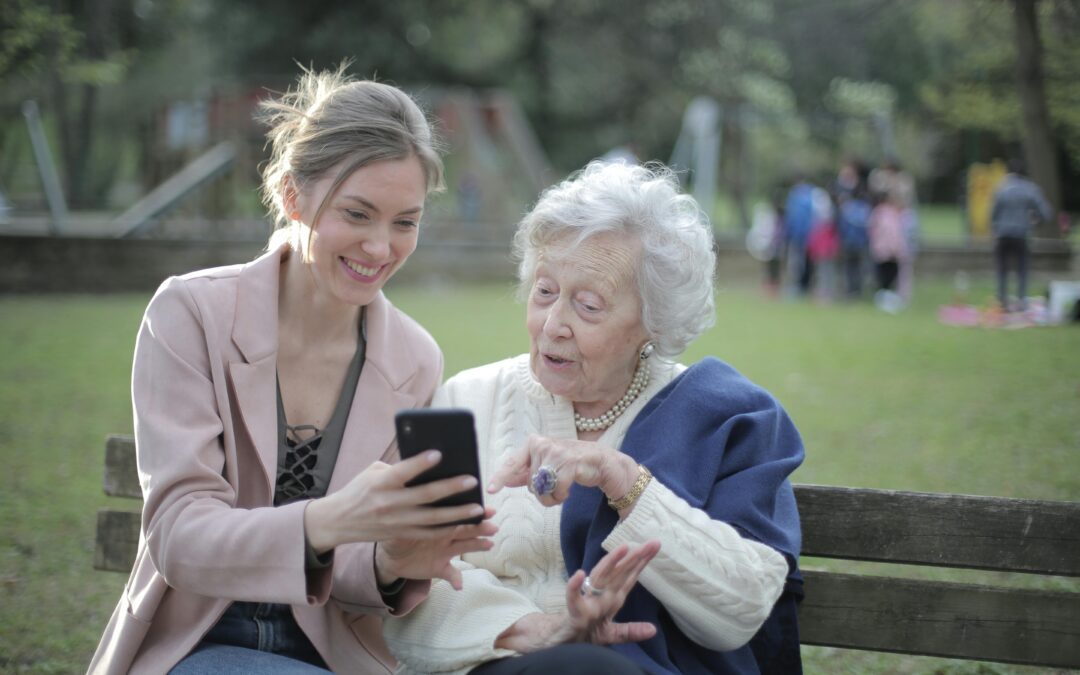Caregiving is one of the most selfless acts of love, but even the most compassionate hearts need a break. Whether you’re helping a parent recover, supporting a loved one, or managing the daily responsibilities of companionship care and personal care, the emotional and physical toll can sneak up on you. Before you know it, the constant giving leaves you running on empty.
Here’s how to recognize the signs of caregiver burnout and, most importantly, how to keep yourself energized, balanced, and ready to provide the best care possible.
1. Spot the Early Signs of Burnout
Burnout doesn’t happen overnight; it builds up slowly. It might start with feeling unusually tired or snapping at little things, but over time, it can lead to anxiety, withdrawal, or even health problems. Look out for signs like persistent exhaustion, irritability, or losing interest in things you once enjoyed. Acknowledging these early signals isn’t a weakness; it’s a smart step toward protecting both your health and your ability to care for someone else.
2. Create Breathing Room with Family Respite Care
One of the best ways to prevent burnout is by giving yourself permission to step away. Services like family respite care provide temporary relief so caregivers can rest, recharge, or simply enjoy a quiet meal without worrying. Taking breaks doesn’t mean you care any less; it means you value your well-being enough to sustain your role long-term. With the right in-home care support, you can step away knowing your loved one is in capable hands, receiving consistent care that feels familiar and safe.
3. Build Small Moments of Joy
Amid the daily routine, it’s easy to forget that caregiving can also be a source of connection and happiness. Simple activities like sharing a favorite meal, looking through old photos, or enjoying a short walk together can restore a sense of purpose and lighten emotional fatigue. These small, meaningful moments not only lift your loved one’s spirits but also remind you why this journey matters. Joy, after all, can be a powerful antidote to burnout.
4. Make Self-Care Non-Negotiable
When was the last time you did something just for yourself? Reading, exercising, and catching up with a friend aren’t luxuries; they’re lifelines. Even 20 minutes of calm can reset your mind and energy levels. Remember: caring for yourself isn’t selfish. It’s what keeps you healthy enough to continue caring for others with patience and love.
5. Build a Caregiving Support Circle
No one should have to do this alone. Whether it’s family, friends, or professional caregivers, having a circle of support means there’s always someone to lean on during tough days. Sharing experiences, trading tips, or simply having someone who understands what you’re going through can make all the difference. Blending the dedication of family care with the expertise of trusted care professionals creates a stronger support system, ensuring no one feels alone in the journey.
Because Caregivers Deserve Care Too
Caregiving is a journey of resilience, patience, and endless love, but it shouldn’t come at the cost of your own well-being. Taking time to notice your needs, setting healthy boundaries, and welcoming support isn’t stepping back; it’s stepping forward into a healthier, more balanced way to care.
Friends For Life provides expert advice, reliable resources, and compassionate support to help you balance caring for your loved one and yourself. Schedule an in-home assessment with our dedicated team today.


